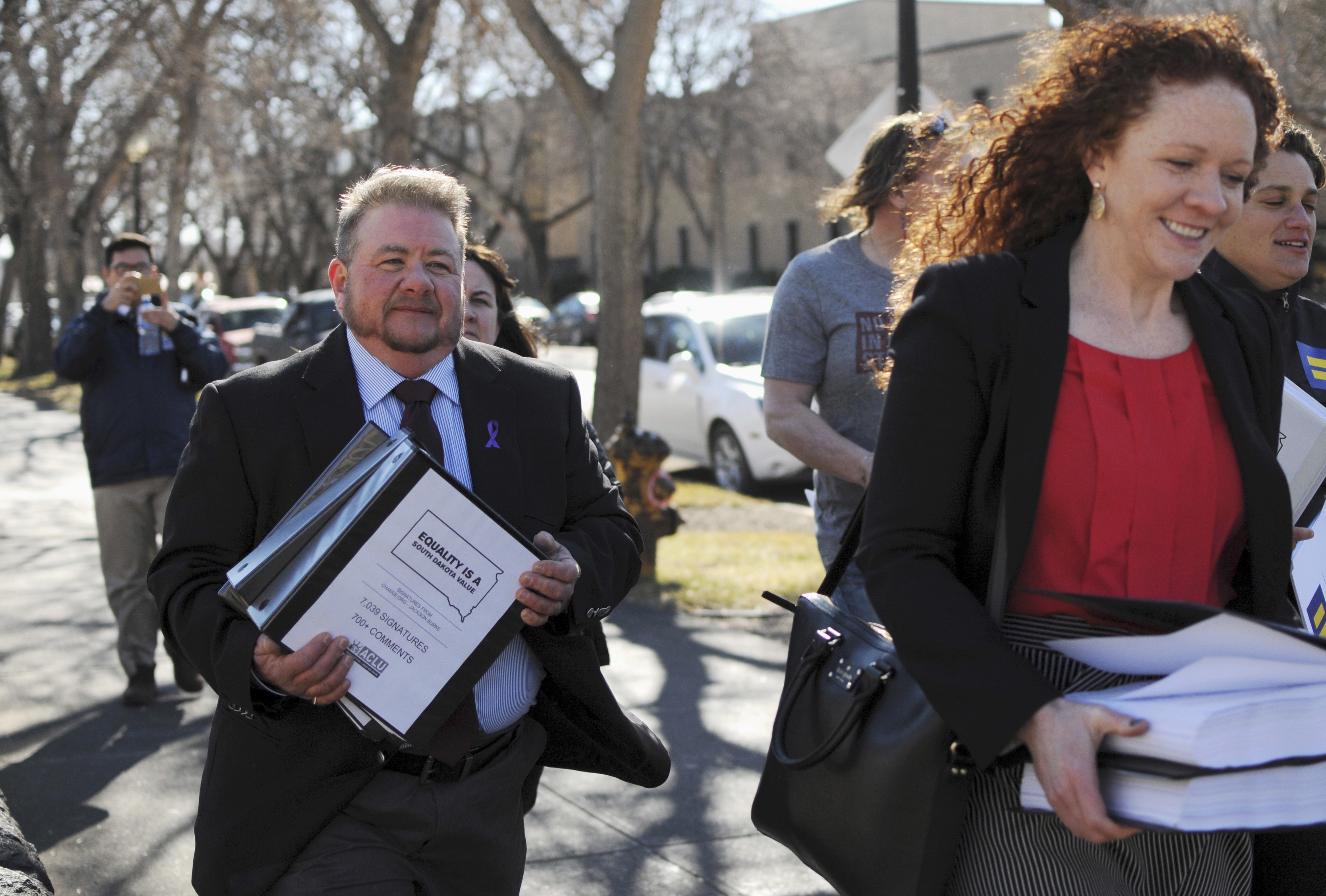The belief that gender is an inappropriate topic to discuss in school has lead South Dakota Sen. Phil Jensen to sponsor a bill to ban gender-identity education.
The ban, if approved by the Senate, would be applicable to elementary and middle schools in the state and would limit discussions and education about gender identity.
According to the AP, this belief is not shared by other state governments, some of which have moved to promote gender-identity education.
However, the sponsor of the bill, Republican Sen. Phil Jensen, said that children need to focus more on their studies. “I think we need to be focusing on reading, writing and arithmetic,” he said in a statement to the AP about the bill.
However, other schools have not found that gender-identity classes have limited children’s ability to focus on their studies. The movement to limit education about gender identity is specific to South Dakota.
However, other states have taken steps to limit positive conversations about homosexuality.
The AP has identified seven other states that limit portraying homosexuality in positive light, also known as “no-pro-homo” laws. The seven states that limit positive conversation about homosexuality are Arizona, Alabama, Louisiana, Mississippi, Oklahoma, South Carolina and Texas.
However, state governments that promote no-pro-homo laws have not pushed to ban education about identity in this way.
A representative from the Gay, Lesbian and Straight Education Network, GLSEN, expressed their concerns about the movement to ban education about gender identity in South Dakota.

Nathan Smith, a public policy director at GLSEN, said that the bill would limit education as well as expression, concerned that the no-pro-homo laws are comparable to the new bill South Dakota lawmakers are considering.
“It’s maybe a little different in the way that it’s crafted and maybe a little different in the way, sort of the population that it targets, but the underlying concerns are the same for us as they would be in … a traditional ‘no-promo-homo’ law,” Smith said. “We think that it’s bad broadly for LGBTQ students in South Dakota.”
This has not been the first bill that South Dakota has passed on gender. Last year, HB 1008 was also a concern for members who identified as transgender.
In a letter titled “To South Dakota from a Trans Student,” from GLSEN, a student expressed their concerns about the bill as well.
As South Dakota lawmakers continue to make decisions about gender laws in South Dakota, the strength of varying views continue to surface. More information will come as lawmakers consider the new ban.

















